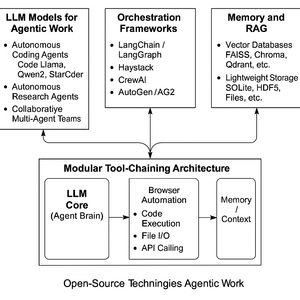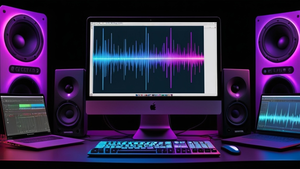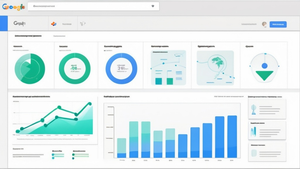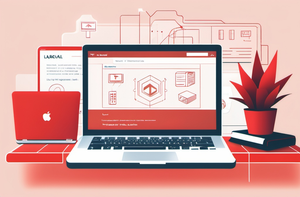
The Rise of AI Coding Assistants: Revolutionizing Software Development
In the ever-evolving landscape of software development, a new player has emerged, promising to reshape how we write code: AI-powered coding assistants. These intelligent tools are not just a fleeting trend; they’re rapidly becoming an integral part of modern development workflows. Let’s dive into this game-changing technology and explore its impact on the coding world.
What Are AI Coding Assistants?
AI coding assistants are sophisticated software tools that use artificial intelligence, specifically large language models (LLMs), to assist developers in writing, reviewing, and optimizing code. These assistants can understand context, suggest code completions, explain complex code snippets, and even generate entire functions based on natural language descriptions.
Key Players in the Field
GitHub Copilot: Developed by GitHub in collaboration with OpenAI, Copilot is one of the most prominent AI coding assistants. It uses the Codex model, a descendant of GPT-3, trained on public GitHub repositories.
Amazon CodeWhisperer: Amazon’s entry into the field, designed to integrate seamlessly with AWS services and support multiple programming languages.
Tabnine: An AI assistant that offers both local and cloud-based code completion, with a focus on privacy and customization.
Replit Ghostwriter: Integrated into the Replit online IDE, Ghostwriter offers code completion and generation capabilities.
Codeium: A free alternative that emphasizes speed and lightweight integration with various IDEs.
How AI Coding Assistants Are Changing Development
Increased Productivity: By suggesting code completions and generating boilerplate code, these assistants can significantly speed up the coding process.
Reduced Cognitive Load: Developers can focus on high-level problem-solving while the AI handles routine coding tasks.
Learning and Exploration: Junior developers can use these tools to learn best practices and explore new coding patterns.
Bug Reduction: AI assistants can help catch common coding errors and suggest more efficient or secure alternatives.
Documentation Assistance: Many AI tools can generate code comments and documentation, improving code readability and maintenance.
Challenges and Considerations
Code Quality and Reliability: While AI-generated code can be impressive, it’s not infallible. Developers need to review and test AI suggestions carefully.
Dependency and Skill Erosion: There’s a concern that over-reliance on AI assistants might lead to a decline in fundamental coding skills.
Intellectual Property Issues: The use of AI trained on public repositories raises questions about code ownership and licensing.
Security Concerns: AI might inadvertently suggest vulnerable code patterns, necessitating vigilant security reviews.
Ethical Considerations: The impact of these tools on job markets and the potential for AI bias in code generation are ongoing discussions in the tech community.
Best Practices for Using AI Coding Assistants
Use as a Tool, Not a Replacement: Treat AI assistants as collaborators, not substitutes for human expertise.
Verify and Test: Always review, understand, and test AI-generated code before implementation.
Customize and Train: Many AI assistants allow for customization. Train them on your codebase for more relevant suggestions.
Stay Updated: Keep your AI tools updated to benefit from the latest improvements and security patches.
Combine with Human Code Reviews: Integrate AI assistance into your existing code review processes for best results.
The Future of AI in Coding
As AI technology continues to advance, we can expect even more sophisticated coding assistants. Future developments might include:
- More accurate context understanding and project-specific suggestions
- Enhanced natural language processing for code generation
- Integration with automated testing and deployment pipelines
- AI-assisted architectural decision-making and system design
Conclusion
AI coding assistants are not just a passing trend; they represent a significant shift in how software is developed. While they bring remarkable benefits in terms of productivity and innovation, they also introduce new challenges that the development community must navigate carefully.
As these tools evolve, they have the potential to democratize coding, making it more accessible to newcomers while allowing experienced developers to push the boundaries of what’s possible. The key to harnessing this potential lies in understanding both the capabilities and limitations of AI assistants and using them judiciously as part of a comprehensive development strategy.
Stay tuned to Tech Bench: Code & Security for more insights into the latest developments in AI-assisted coding and its impact on the software development landscape!







Comments